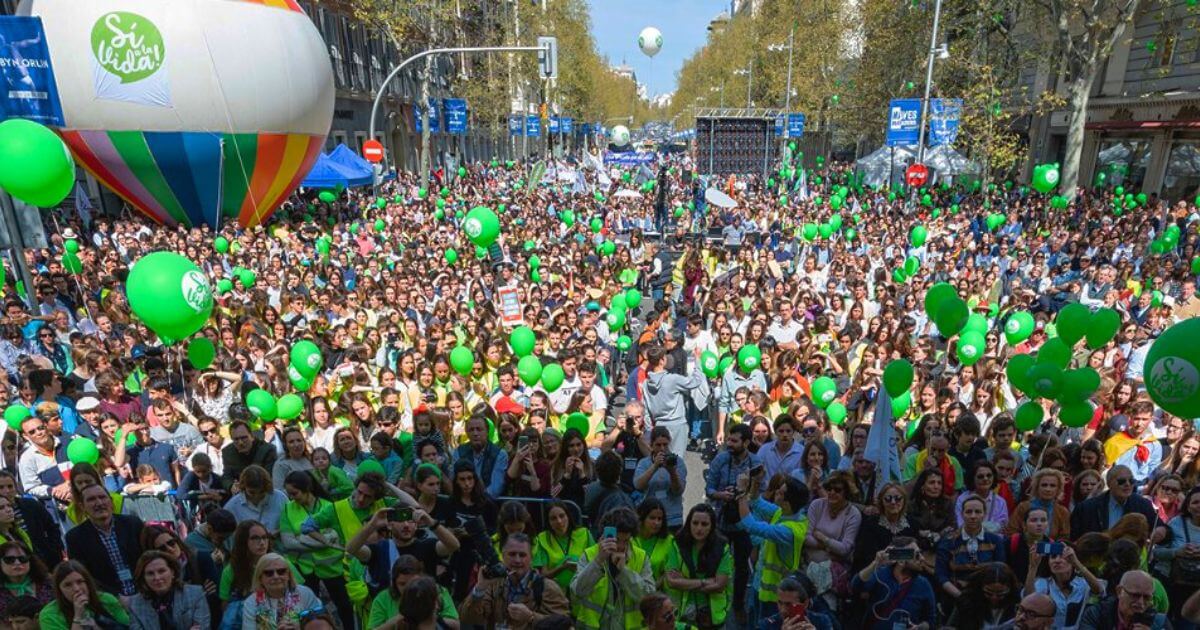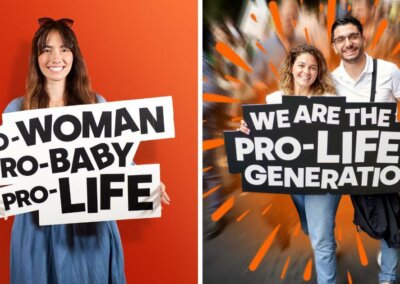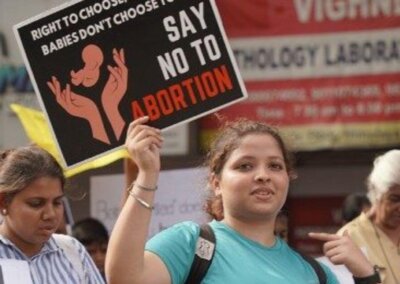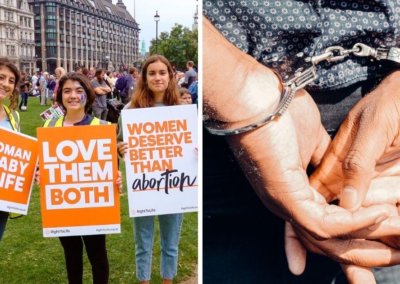Thousands of people have taken to the streets for the annual march for life in Madrid.
The ‘Yes to Life’ march, supported by over 500 organisations from across Spain and attended by thousands, proclaimed that “human beings have the right to life and to be treated as their dignity deserves, from their conception to natural death and at all times and in all circumstances”.
This ‘manifesto’ for life was read out by participants of the march on the central stage. It rejected “all laws and practices that threaten life and human nature at any moment of its existence, as well as the businesses and ideologies that sustain them.”
In this regard, representatives of the march specifically called for an end to the practice of abortion, euthanasia and “attacks on the [human] embryo”, demanding “that health care be provided to everyone without exception” from the unborn to anyone to who is sick.
“I wanted to feel that I was not alone or abandoned and they made me feel that way, that I was safe.”
In addition to the manifesto, two women gave their testimonies about how they were helped by people outside abortion clinics offering them an alternative to abortion.
Marita was recommended an abortion by her social worker after the father of her son walked out on her when he found out she was pregnant. Marita was fortunate enough that pro-life volunteers provided an alternative.
“They helped me make the decision. I went over to them myself and asked them for help. I wanted to feel that I was not alone or abandoned and they made me feel that way, that I was safe. And I decided not to go [into the abortion clinic]”, she recalled.
“Today I am here with my son, which is the best thing that could have happened to me”, she said to enthusiastic applause from the marchers.
Another woman, Melisa, was pregnant with her fourth child “The social worker [asked] me what am I going to do with so many children, where am I going; that [abortion] is the ideal thing to do.”
However, after she considered having an abortion, pro-life volunteers gave her the support she needed to continue the pregnancy.
The march ended with a minute of silence during which the live audio of an unborn baby’s heartbeat was played over speakers.
Right To Life UK spokesperson Catherine Robinson said “These Marches for Life are held all over the world. As the humanity of the unborn child becomes clear for all to see, they will keep growing and we look forward to a day where all humans are protected from conception right through to natural death.”












